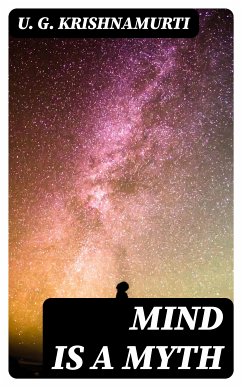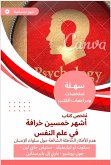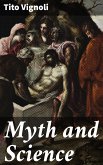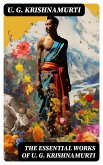In "Mind is a Myth," U. G. Krishnamurti offers a radical examination of human consciousness, dismantling prevailing notions of the mind and selfhood. With a style that is both poetic and incisive, Krishnamurti challenges the reader to confront the conditioning that underpins thought itself. His exploration transcends traditional philosophical paradigms, drawing upon aspects of Eastern philosophies while rigorously critiquing their foundations. The text defies categorization, oscillating between philosophy, psychology, and spiritual discourse, aiming to awaken an understanding beyond the conceptual confines of the mind. U. G. Krishnamurti, often seen as a maverick thinker, draws from his own experiences of disillusionment with established spiritual traditions and intellectual thought. Having once been considered a disciple of a prominent spiritual leader, Krishnamurti's journey led him to articulate a distinct viewpoint on the non-existence of the 'self' as a separable entity. His insights are steeped in a deep sense of personal inquiry, resembling that of a modern-day sage guiding readers towards a profound realization of existence uncolored by mental constructs. "Mind is a Myth" is an essential read for anyone intrigued by the complexities of consciousness and the illusions of identity. This book invites you to dismantle preconceptions and embark on a transformative intellectual journey. By engaging with Krishnamurti's revolutionary ideas, readers will find themselves encouraged to cultivate a direct encounter with reality, free from mental distractions.
Dieser Download kann aus rechtlichen Gründen nur mit Rechnungsadresse in A, B, BG, CY, CZ, D, DK, EW, E, FIN, F, GR, H, IRL, I, LT, L, LR, M, NL, PL, P, R, S, SLO, SK ausgeliefert werden.









